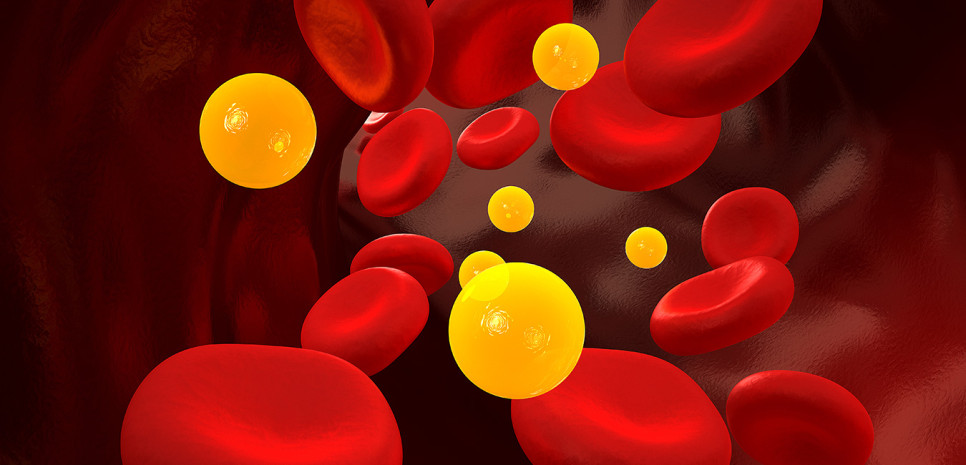New Definitions Designed to Stop This Silent Killer The American Heart Association and the American College of Cardiology recently released long awaited new guidelines for managing blood pressure and they include significant changes for monitoring and treating this critical factor in heart health. Nine other health professional organizations endorsed the changes. Blood pressure is always reported using two numbers. The …
Sitting is the New Smoking
Is Sitting the New Smoking? The headlines on the health dangers of sitting are hard to ignore. Inactivity has been recognized as an independent risk factor for heart attack and stroke—as dangerous as smoking cigarettes. Now the American Heart Association (AHA) has issued a strongly worded advisory aimed at getting people up and moving, even those who are already physically …
Heart Disease and Menopause: Does the Risk Start Earlier?
When it comes to menopause and heart disease risk, timing could be everything. Doctors have long known that women face a greater risk for heart disease after menopause, the cessation of menstrual periods. But reporting in the Journal of the American Heart Association, researchers at the University of Virginia in Charlottesville recently put a new timestamp on the process. The …
How Much Vitamin D Do You Need For Optimal Heart Health?
Not only are low levels of vitamin D linked to coronary artery disease (CAD), heart attack and stroke, but a new study reveals what specific level of deficiency may raise risk for these conditions. As we recently reported, up to 75 percent of Americans are low in vitamin D, “the sunshine vitamin”. The study found that that patients with blood …
Hormone Replacement Therapy: Helpful or Harmful to Women’s Hearts?
The cardiovascular effects of hormone replacement therapy (HRT) vary depending on the age at which women begin taking it after menopause, according to a new systematic review published in The Cochrane Library. The researchers analyzed 19 randomized clinical trials involving 40,410 women, with treatment times ranging from seven months to more than ten years. Overall, the review found that HRT …
4 Delightful Cardiovascular Benefits of Positive Emotions
Embracing positive emotions–from optimism and gratitude to love, laughter and other joyful experiences–has been shown to dramatically reduce heart attack and stroke risk, and could even add years to your life, new research suggests. In fact, the most optimistic people are twice as likely to have ideal cardiovascular health, compared to those who are pessimistic, according to a study of …
How Effective Are Anti-Inflammatory Diets for Lowering Heart Attack Risk?
In advice that many American have taken to heart, Hippocrates wrote, “Let food be thy medicine.” In fact, diets to reduce chronic inflammation–which is linked to disorders ranging from heart attacks and strokes to type 2 diabetes, Alzheimer’s disease and even cancer–have become a health craze. However, there’s debate about which eating plan–and foods–offers the greatest cardiovascular and anti-inflammatory benefits. …
The Great Debate About Cholesterol Guidelines
The 2013 American Heart Association/American College of Cardiology (AHA/ACC) cholesterol guidelines sparked headlines and hot medical debate around the world, says Marc Penn, MD, PhD, FACC, Co-Founder and Chief Medical Officer of Cleveland HeartLab and Director of Research of Summa Cardiovascular Institute. “Nearly a year later, there’s still widespread confusion about what clinicians should do with such dramatically changed guidelines …








